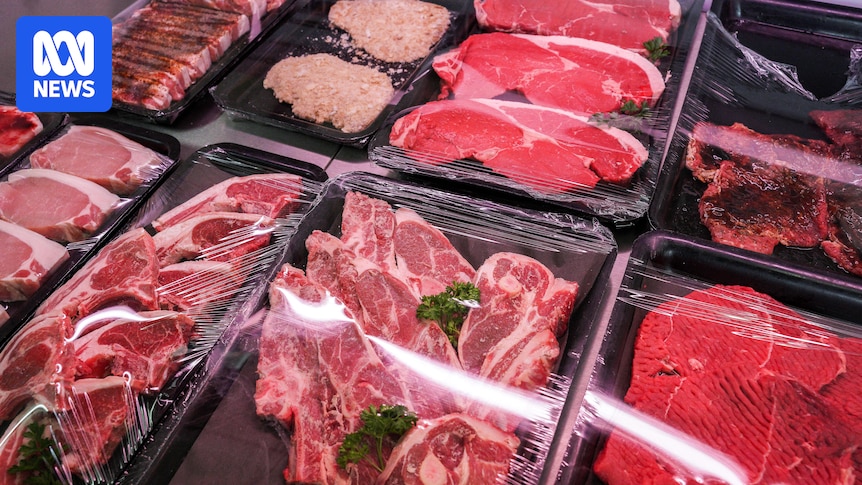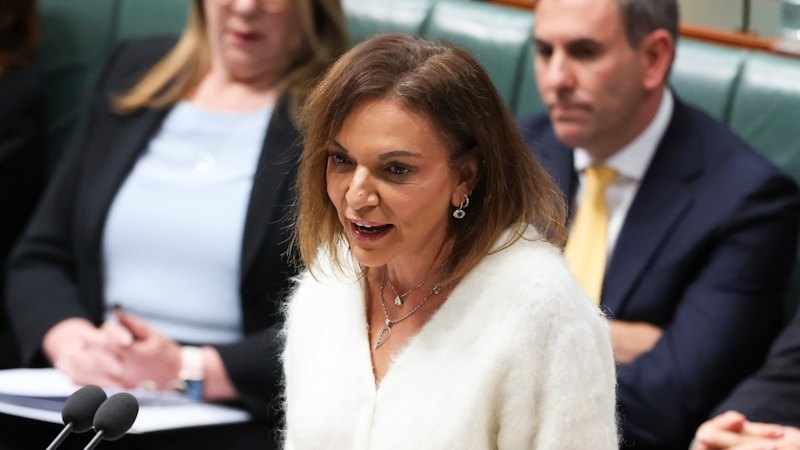
In a significant shift that could reshape trade dynamics, Australia has lifted longstanding restrictions on US beef imports. The decision, announced this week, ends a ban that has been in place since 2003 following the discovery of bovine spongiform encephalopathy (BSE), or mad cow disease, in American cattle. While the blanket ban was lifted in 2019, restrictions persisted for beef sourced from Canada or Mexico but slaughtered in the US due to lingering biosecurity concerns.
The announcement comes as the Australian government concludes a decade-long biosecurity review, which found that the United States has implemented more stringent movement controls to mitigate risks. Agriculture Minister Julie Collins stated, “The Department of Agriculture, Fisheries and Forestry is satisfied the strengthened control measures put in place by the US effectively manage biosecurity risks.” She emphasized the government’s commitment to maintaining biosecurity standards, reassuring that the decision does not compromise Australia’s safety.
Historical Context and Biosecurity Concerns
The original ban was a protective measure to prevent the spread of BSE, a fatal neurological disease in cattle that can also affect humans. James Jackson, a veterinarian and former president of the NSW Farmers Association, highlighted the importance of biosecurity, noting, “We don’t want foot and mouth disease in this country, we don’t want our consumers to eat beef and get Creutzfeldt-Jakob disease.” He explained that the initial restrictions were due to the US’s reluctance to ensure traceability of their beef exports.
While some industry stakeholders view the lifting of restrictions as a potential boon for trade, others remain cautious about the implications for Australia’s biosecurity. The move represents a balancing act between fostering international trade relations and safeguarding domestic health standards.
Trade Opportunities and Industry Reactions
According to the federal government, the decision was not made lightly. The timing, however, has sparked debate. Nationals leader David Littleproud questioned whether the move was intended to appease former US President Donald Trump, under whose administration tariffs were imposed on Australian imports due to these very restrictions.
John McKillop, chair of the Red Meat Advisory Council, acknowledged that while the timing might seem politically motivated, the decision results from a thorough and long-term assessment. “Probably the timing isn’t a great look, but these changes have been in the pipeline for many years,” he remarked.
Biosecurity Risks and Mitigation
Global AgriTrends analyst Simon Quilty assessed the current risk of disease introduction through US beef imports as significantly reduced. “They have improved their traceability methods within America and I think, in all honesty, that the degree of risk is significantly low,” he said.
McKillop further noted that the actual volume of US beef imports to Australia might remain limited due to the US’s current low beef herd levels, a result of prolonged drought conditions. He pointed out,
“The most [beef] that was ever brought in, and this was pre-BSE … was 210 tonnes … in contrast to the 395,000 tonnes we exported to the US last year.”
Market Dynamics and Consumer Preferences
While the influx of US beef into Australia might be minimal, there is still potential for niche markets. Jackson suggested that some Australian consumers might be interested in American beef, particularly for restaurant menus. He also emphasized the necessity of accepting US beef as part of broader trade relationships.
“Part of a trade deal is that you’re willing to take product from other countries,” Jackson stated, highlighting the reciprocal nature of international trade agreements.
Tariff Implications and Future Outlook
The trade restrictions on US beef have been a sticking point with the Trump administration, leading to a 10 percent tariff on all Australian imports. Professor Ben Lyons from the University of Southern Queensland’s Rural Economies Centre of Excellence noted the unpredictable nature of US trade policies, remarking, “Nothing would surprise us at the moment because that’s the new paradigm under the Trump administration — full of surprises.”
Despite these challenges, Lyons remains optimistic about the resilience of Australia’s beef export market. He noted that previous tariffs have had limited impact on exports, suggesting that the industry is well-positioned to navigate future uncertainties.
As Australia moves forward with this policy change, the focus will remain on balancing trade opportunities with biosecurity vigilance. The decision marks a significant moment in Australia-US trade relations, with potential long-term implications for both markets.






